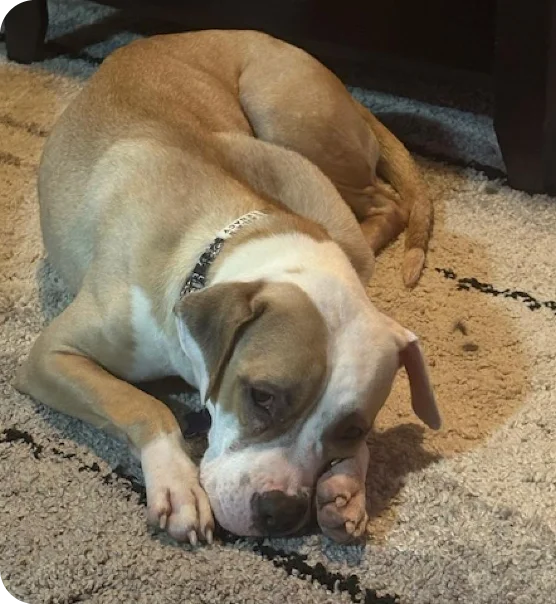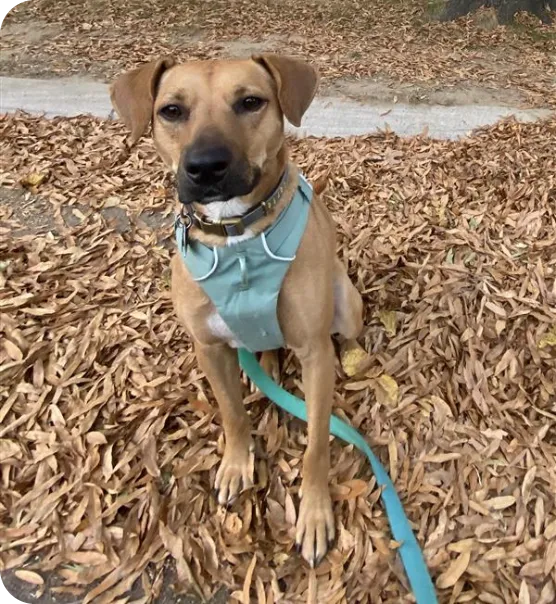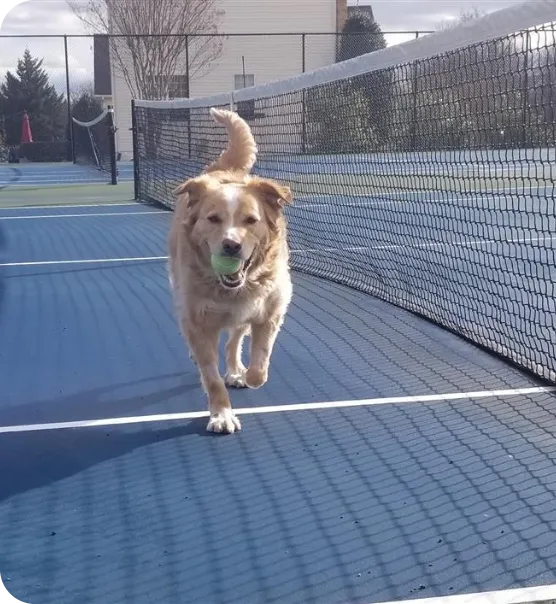Tried and True Tips for Dog Potty Training
Housebreaking Your Dog is Consideration #1 for Potty Training
One of the first puppy training considerations for any new dog owner is housebreaking.
Training your puppy to know when and where to “go” will not just make your life easier, but will keep your house cleaner! No one wants to have a dog’s mess in the house, and believe it or not, neither does your dog! Training can be a rigorous process, especially if you have no idea how to start. Read on for five useful tips to successful housebreaking:
1. Control feeding and keep your puppy on a regular feeding schedule
What you feed is what you get.
The right diet and nutrients are essential for your dog’s digestive system. This is especially true with puppies since their digestive systems are still immature. To prevent digestive problems, it is recommended to keep a regular feeding schedule and not to overfeed your puppy. Their stomachs just can’t handle too much food yet.
How can you check if you’re giving the right food? The easiest way to know if you’re feeding your puppy the right food is by examining its stool. A strong smell and bulky or runny stool are not good signs.
2. Bring your dog on trips outside
Not only do dogs love to be outside to play, but going outdoors is a crucial part for successful housebreaking. Remember puppies have small bladders; they can’t hold it for too long!

It is estimated that a 6-month-old puppy can hold up to 6 hours tops.
Going outside also works as a means of approving a place to go. Scheduling several trips outdoors per day will create a habit, letting your dog know where and when the right time to go is. With a young puppy, expect to take them out several times a day on a regular basis. Make a schedule – in the morning, after playing, after eating and drinking, and at night before bed.
3. Regular exercise
There are many benefits to exercising your dogs. This could be a nice walk around the park, a fun play session, or training exercises. Not only does it helps your four-legged friend stay healthy, but it also makes them happy as well!
When it comes to housebreaking, having a healthy body and mind helps make your canine companion more responsive to learning. Regular exercise plays an important role in developing good manners for your pup. You definitely want your puppy to act nicely inside and outside the house–less work for you!
4. Reward your puppy
Reward your puppy for good behavior. Feed your puppy their favorite treats, provide praise, or give them a nice gentle hug. Whatever you do, don’t scold them harshly. Punishing your dog will not make them better or smarter. Every first time dog owners need to understand that punishing your dog regularly can create fear in them and as a result, your dog can act aggressively towards others.
When faced with a carrot-or-a-stick decision, favor the carrot as much as possible! With that being said, there are times when you should reward your dog and other times where you have to be stern, just don’t cross the line into being too negative.
5. Monitor your pup’s behavior
Depending on their age, dogs generally can control their bladder for a few hours. Remember that every dog is different. So, take time to watch your puppy’s behavior and make notes of essential information such as when they need to pee and go outside.
By monitoring your dog, you can also avoid unwanted accidents. You want your best bud to be safe and sound. If you are not able to closely watch your pup, there are Dog monitoring apps that can help you track your beloved puppy.
Housebreaking in the right manner will take some time. Different aspects such as methods, consistency, and age play a significant role. Have trust in your dog and be patient with progress. If you’re too busy to add these reinforcement methods to your dog, try putting them in dog training classes. It will greatly help you and your precious puppy.



